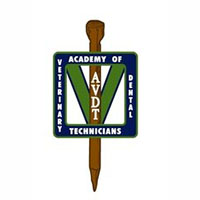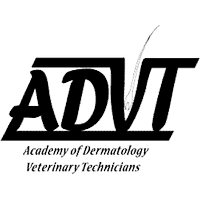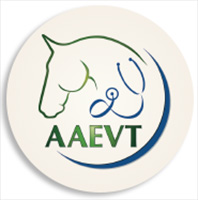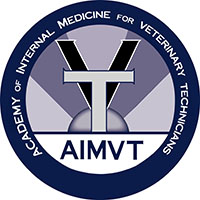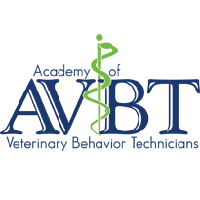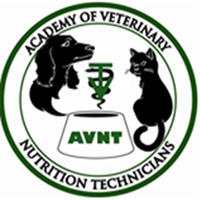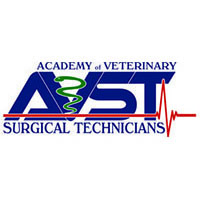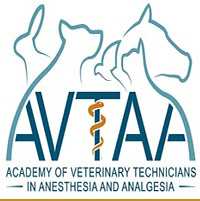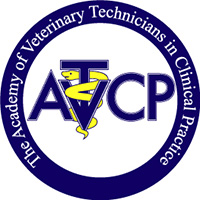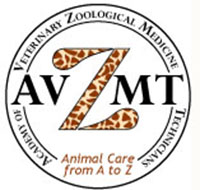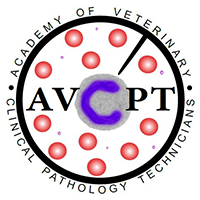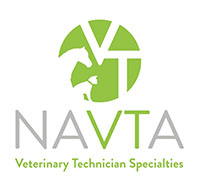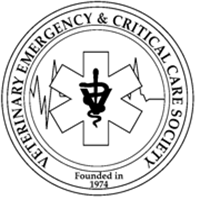Examination InformationThe AVECCTN Certifying Examination is the final step in the Certification process. Once successfully passed, a veterinary technician becomes a member of AVECCTN and is approved to use the designation VTS(ECC) behind their name. The examination is a comprehensive 200 question multiple-choice test, designed to thoroughly evaluate a candidate's knowledge in the field of emergency and critical care. At this time, there is no practical portion to the examination. Frequently Asked Questions1. Where can I sit for the examination? The examination is held once annually in September, in conjunction with the International Veterinary Emergency and Critical Care Symposium. For 2020, the examination will be held completely online. 2. How much does the examination cost? The examination fee is set each year by the Board of Directors. For 2020, the Examination fee is higher than in previous years because of the need for examination proctoring software and remote delivery 3. What does the examination cover? AVECCTN EXAMINATION BLUEPRINT The following information may be helpful to you in preparing for the examination. The examination will consist of 200 multiple choice questions with one correct answer out of four choices. It is geared toward the level of a veterinary technician with 3 years full time experience in a well-equipped and staffed practice in emergency/critical care medicine. For each discipline, questions may be asked about: anatomy and pathophysiology; etiology and risk factors; triage; signs and symptoms; diagnostic procedures; monitoring; implications of failure on other systems; goals of therapy; patient management; or complications. We want to test not only the candidate’s knowledge of a subject but also the ability to comprehend and apply that knowledge, and problem solve. To help you prepare for the examination we have included the approximate examination blueprint:
` |

